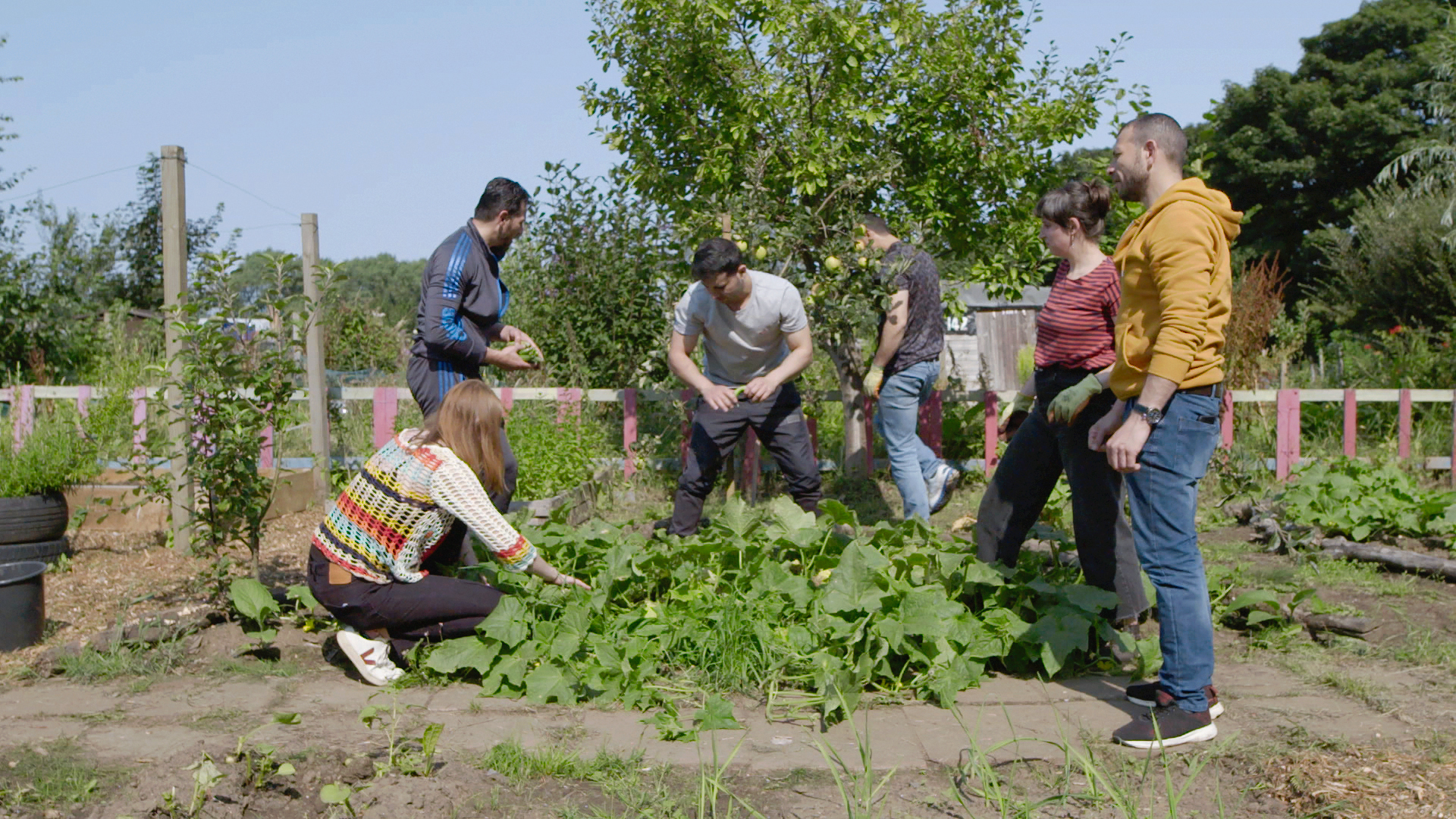Our climate is changing, and communities urgently need support to adapt to new weather conditions. In 2022 the UK experienced the driest July in nearly 100 years, and extreme heat like never before. This followed several years of severe winter floods. More extreme weather is set to arrive in the years ahead.
Nature offers powerful defences against these threats. Gardens, parks and wetlands can soak up or contain excess rainfall, while trees and plants absorb heat. Of course, getting active in natural spaces bring a host of other benefits to communities too – in particular, boosting physical and mental health.
We think it’s vital to support well-designed projects that simultaneously improve people’s wellbeing and grow local resilience to extreme weather. That’s why our new Ashden Award for Community Nature Adaption is boosting initiatives that bring people and nature together.
The growing threat of extreme weather
The impacts of climate change on communities can be devastating. Around 5 million people in the UK live in areas at risk of flooding, and flood damage costs over £1bn every year. Winter flooding has displaced whole neighbourhoods and renders some homes hard to insure.
Meanwhile, drought and heatwaves are damaging our health, leading to higher hospital admissions. In 2022, record summer temperatures caused over 3,000 deaths. Overheating also leads to infrastructure disruption and water stress.
Our coasts are impacted by climate change too, as rising sea levels are causing more flooding and coastal erosion, damaging local ecosystems and putting businesses and properties at risk. On land, the changing weather conditions are also impacting pollinators such as bees, by shifting growing and blooming seasons and potentially weakening the plant populations that pollinators depend on. Additionally, warmer temperatures have altered migration patterns, affecting pollinator species like butterflies.
How can nature – and communities – help?
Traditionally, engineering measures such as flood defences and sea walls have been used to protect against damage, but these are expensive and often need lots of carbon-intensive material resources such as cement. But alternative nature-based solutions exist. These include tree planting to protect against erosion of our coasts, rain gardens and wetlands to protect against flooding, and green roofs to limit overheating in cities.
When these nature-based solutions are delivered in partnership with communities, there are wider benefits. Urban green spaces are created that protect against flooding and heat stress, but also offer recreation opportunities, improvements in biodiversity and better mental wellbeing. By engaging people from a wide variety of backgrounds, community-based adaptation schemes raise awareness of the impacts of climate change and motivate more people to take action to reduce carbon emissions.
The new Ashden Award for Community Nature Adaptation is spotlighting these initiatives, giving trailblazers the chance to win a cash prize, publicity, and connection to funders and investors. Entry is free, and closes on 8 March. Projects might involve local voluntary groups, national charities or councils and public bodies. The best examples will embrace the priorities and diversity of local communities.
Find our more and enter the award

